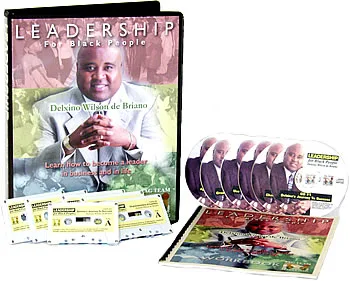| ||||||||||||||||||
| www.BlackBusinessNetwork.com | ||||||||||||||||||
Johannesburg - Former president Thabo Mbeki did not fire Jacob Zuma as the deputy president of the ANC in 2005.
Zuma stepped down, Mbeki insisted in a letter published on the Thabo Mbeki African Leadership Institute's Facebook page on Monday.
It was in response to a 2007 article in UK newspaper, The Guardian, in which Chris McGreal critiqued Mbeki's leadership during his tenure as president.
In the letter, Mbeki said the story that delegates at the national general council (NGC) in July 2005 had defeated a national executive committee (NEC) decision to remove Zuma from his position as the ANC deputy president, after Mbeki himself had removed him from his position as deputy president of the Republic, was pure fabrication.
Mbeki had announced on June 14 2005 that he was releasing Zuma from his responsibilities as deputy president of the country. He made the announcement during a special joint sitting of the two houses of Parliament.
Zuma stood down
Mbeki's announcement came almost two weeks after Zuma was implicated in corruption during the Durban High Court trial of businessman Schabir Shaik, who had acted as his financial adviser.
In the letter, Mbeki said the party's NEC did not make the decision to remove Zuma as the deputy of the party.
"The truth, as I can recollect, is that Comrade Zuma had decided to stand down as deputy president of the ANC – at least for a while – to give him(self) a chance to focus on the case against him. And the NEC had reluctantly accepted his chosen path after a long meeting which went into the early hours."
Mbeki said the public was made to believe the NEC had taken a decision to suspend Zuma behind the scenes at the NGC.
Mbeki said the public was made to believe the NEC had taken a decision to suspend Zuma behind the scenes at the NGC.
"This in itself had been dramatic. There was intense controversy.
"This event was of course rolling out at a time when Zuma was under tremendous pressure because of the legal action being taken or threatened against him. Yet the reality, as it was presented to me, is not quite the same as that (public) report," Mbeki said.
Disgusted
He said he recalled one of his colleagues expressing his disgust at their fellow comrades and the level to which they had lowered themselves.
"Apparently another meeting had been held at which it was agreed to reinforce a lie that the NEC had suspended or removed Zuma from his [ANC] position. Meanwhile, they knew very well that this was not the case.
"And so it happened that, also by agreement, one of [the delegates] would take the platform and call for Zuma’s reinstatement. The expectation was that he would then be asked to respond and accept their plea.
"My comrade said to me: 'Watch it and you will see this being played out.'
"And it did. It was like a choreographed show, and regrettably not a single member of the NEC was bold enough to stand up and stop the lie. It felt as if everyone froze on stage," Mbeki said.





